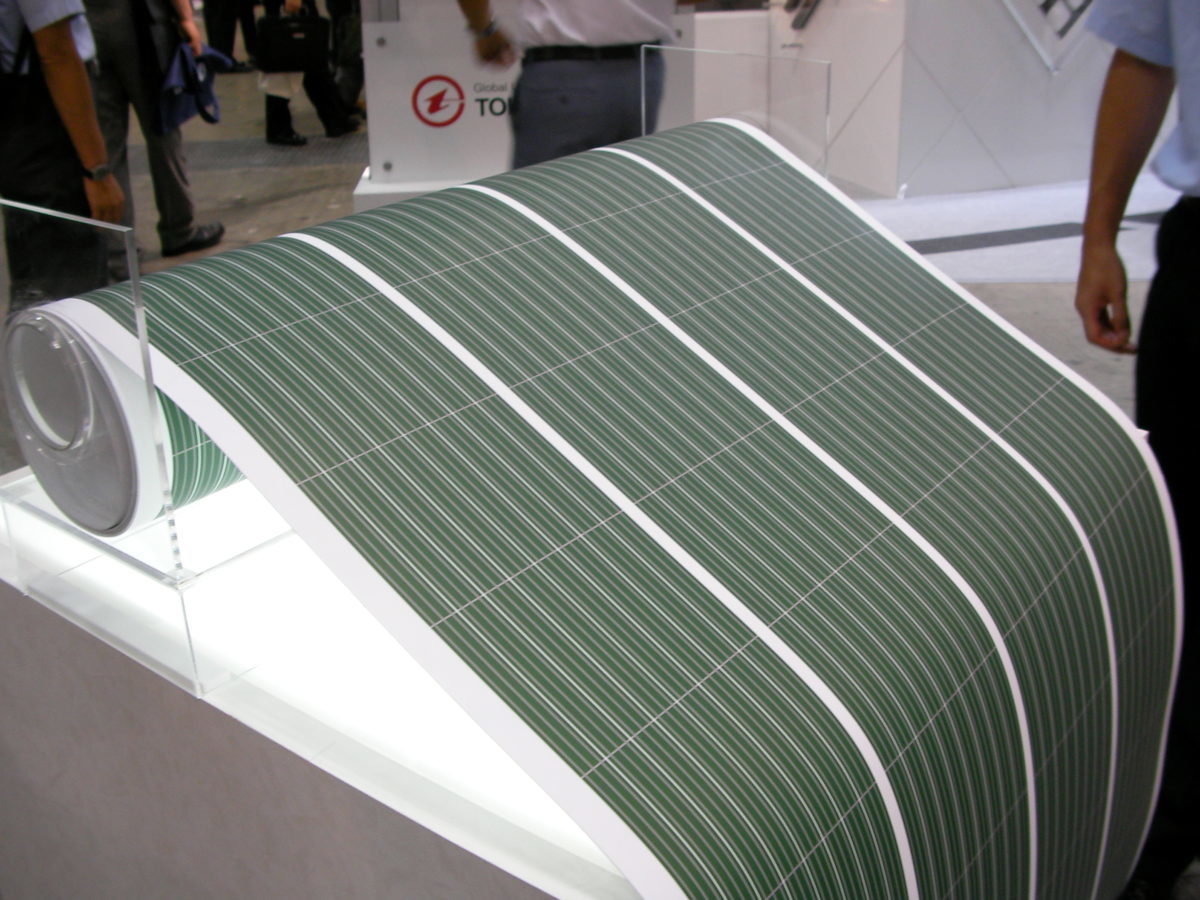Researchers from the Institute of Nano Science & Technology (INST), Mohali, an autonomous institute under Department of Science and Technology (DST), have designed a self-healing polymer that can be used as a smart coating for photovoltaic (solar cell) devices to prevent damages, thereby increasing their performance.
The synthetic polymer developed by researchers can mend its own cracks when exposed to ultraviolet light.
The research supported by DST-SERB has been published in the journal Soft Matter.
How it works
The low-temperature mending synthetic polymer, designed by the INST research team led by Dr Asish Pal, undergoes photo-crosslinking (photo-induced formation of a covalent bond between two macromolecules) upon UVB light exposure. This results in making the otherwise flexible polymeric network rigid enough to tune the glass transition temperature.
Any crack formation on the polymer-coated surface then can be repaired by UVc light irradiation that renders consequent photo-decrosslinking (photo-induced destruction of a covalent bond) mediated, low glass transition temperature (Tg) polymers.
Popular content
The approach employs interesting photo-responsive healing that mends damages in specific local spots at ambient conditions, unlike many other self-healing systems that require a higher temperature and are rather challenging to operate within a specific local area.
Potential
Self-healing materials that autonomously mend in situ at the microscopic level as a response to macroscopic damages are potentially envisaged as sustainable and long-lasting materials for applications in electronics, energy, transportation, and coatings.
The approach of the photo-modulated self-healing system demonstrates both inherent and stimuli-responsive self-healing pathways and finds its application in designing smart coating of photovoltaic devices to prevent damages, thereby increasing the performances of the devices for a longer time.
This content is protected by copyright and may not be reused. If you want to cooperate with us and would like to reuse some of our content, please contact: editors@pv-magazine.com.



By submitting this form you agree to pv magazine using your data for the purposes of publishing your comment.
Your personal data will only be disclosed or otherwise transmitted to third parties for the purposes of spam filtering or if this is necessary for technical maintenance of the website. Any other transfer to third parties will not take place unless this is justified on the basis of applicable data protection regulations or if pv magazine is legally obliged to do so.
You may revoke this consent at any time with effect for the future, in which case your personal data will be deleted immediately. Otherwise, your data will be deleted if pv magazine has processed your request or the purpose of data storage is fulfilled.
Further information on data privacy can be found in our Data Protection Policy.